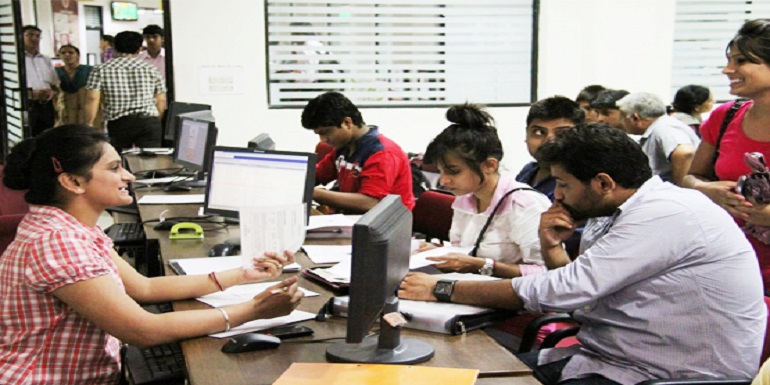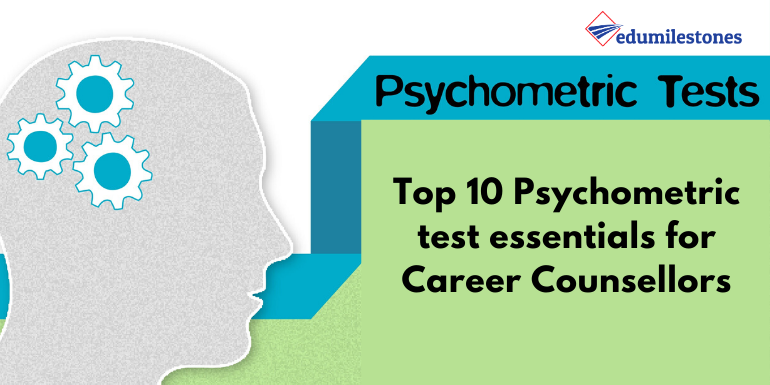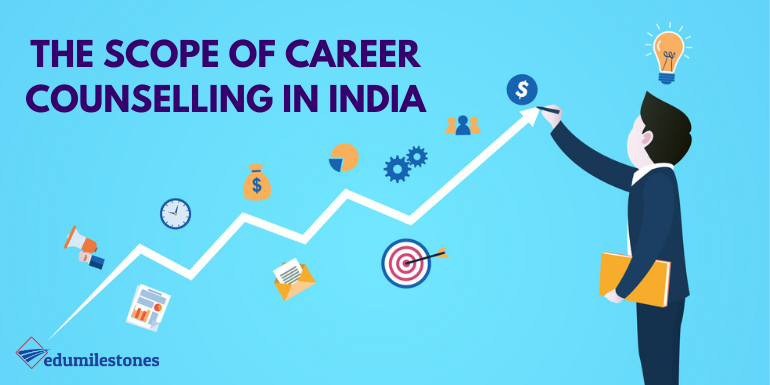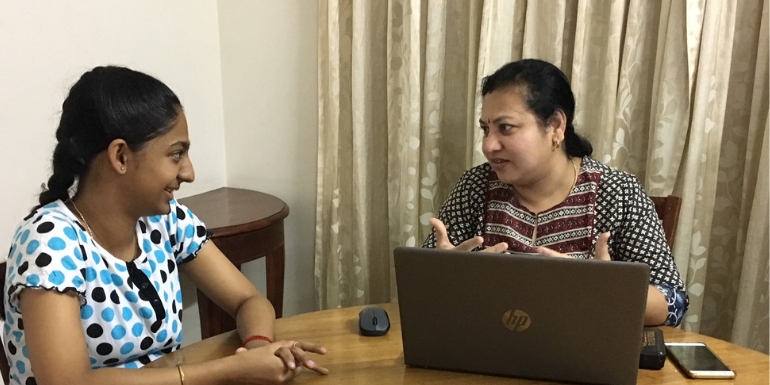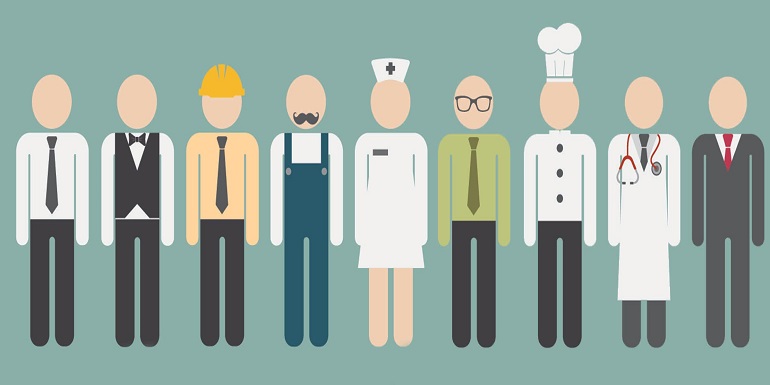Being able to imagine and feel emotions with in-depth understanding is what makes human beings different from all other creatures on the planet. We react according to the situations and various scenarios have different ways to treat us. Considering a particular situation, our thoughts or feelings can have an emotional effect on ourselves. Its sad how in the old days, psychological traumas were left unaddressed. It was the invention of new technologies and awareness that taught people to start addressing emotional issues too. counselling is a talking therapy that encourages people to address the issue they are facing with an eventual goal to overcome the problem.
Counselling: Definition and Format
A counselor is a professionally trained expert who helps people overcome their issues after a systematic chain of sessions. The types of counselling vary, depending on the needs of the clients.
counselling is a talking therapy that allows people to discuss their problems with trained professionals in a peaceful and safe ambiance. The exact meaning of counselling might vary among individuals. But in general, it is the process where you talk about your issues in detail either intending to overcome the same or to explore your thoughts comprehensively.
The role of a counselor doesn’t limit to suggesting you do this or that. Rather they support you to speak about your problems in detail to identify the primary cause behind them. Furthermore, they develop an action plan to help you cope up with the issue or win over it.
There are different formats through which the counselling sessions can take place, The client is free to choose a format that suits and fits his needs the best. Below are the popular counselling formats that people mostly favor:
- In-Person: Face-to-face counselling sessions take place in the counselor’s chamber where you meet them in person after scheduling an appointment to discuss your problems. It is one of the most popular counselling formats.
- Group Counselling: Professionals provide group counselling sessions where you can join to address the issues. Joining such a group will help you find people with similar problems and you will be able to develop a strong network of support as well. However, if you wish to focus on your problem, in-person sessions are better.
- Telephonic Sessions: A great alternative to in-person counselling sessions are telephonic rounds that can be scheduled from the comfort of your home. Telephonic counselling rounds are best for busy individuals who might find it difficult to get into the chambers. In this flexible process, you can discuss the problems with the counselor in a secure environment from your room.
- Online Counselling: If you wish not to meet your counselor face to face and protect your anonymity, you have the option to email the counselor. In this process, you have the scope to think well and decide which of the problems you want to discuss with him. The online counselling trend is becoming much more popular these days.
Counselling Process
When a person seeks counselling, he or she suffers from something serious be it mental issues, emotional problems, or family problems. The process isn’t rushed but rather involves a systematic evaluation that includes a detailed process.
The counselling process involves a step-by-step approach and the counselor conducts it in a way to make sure that his client is comfortable with the process. Lets have a look at the five crucial stages of a counselling process.
1: Building a Warm Relationship
When you are hitting up a counselor to discuss your problems, you ought to suffer from any serious issue concerning academics, relationships, career, or anything else. The first thing your expert does is to make yourself comfortable around him/her. He focuses on developing a warm relation and mutual trust first to make sure you do not hesitate while speaking about the problems you are facing.
2: Analysis
Now comes the second part, which is assessment. In this stage, the professional encourages you to speak in detail about your problems to grab the roots of the problem. He observes every minute detail from how you are speaking to your reactions to certain questions that might come from his end. Once he assesses the problem, the goal is fixed.
3: Setting the Goal
After a thorough evaluation of your problems, now comes the significant section of goal setting. Considering the issues you are facing the counselor sets a goal. That can be either you overcoming the problem or reconciling with it.
4: Plan of Action
The counselor plans an action for you to practice to see the results. Suppose someone has public speaking fear, The expert might ask him to practice speaking in front of the mirror. This is just an instance. Once you go through the plan for the desired tenure, he assesses your improvement. If things seem normal, you are at the final stage! If not, he might design something different.
5: Overcoming the Problem
As I mentioned in the previous point after you follow the plan of action the consequent results are taken into consideration. If things seem to go in the right direction and you start feeling relaxed, yes! You have achieved your goal.
Counselling Skills
Being a professional counselor requires some core skills to be able to handle client queries and drive the best results for them. The vital skills that a professional counselor must have are as follows:
- Effective Listening: A counselor must be a patient listener who not only listens to the clients queries but can handle them intricately. Without hearing the issues minutely, it is impossible to get ahead with the next counselling steps. Therefore, the counselor has to be someone with good listening skills who gives full attention to the client and their details.
- A Good Communicator: A counselor is someone who listens to his clients, analyses the problems, and develops a plan of action to achieve a target. It is indeed critical to be a very good communicator to help the person feel comfortable around him and make sure the client is not hesitating while speaking in front of him about his problems. Developing a good relationship is very important.
- Analysis: A successful counselor is someone who is not only a good listener but a good analyzer too, who uses his skills and expertise to reach the root of the problem and analyze it. Without analysis, the entire process is in vain as no goals can be set and the client will not be able to undergo any plan of action.
Types of Counselling
The counselling types are numerous and here we will be discussing a few of them.
Mental Health Counselling
A mental health counselor is responsible for providing the people with support who are going through any emotional distress like fear of something, anxiety, depression, or frustration. There are different causes when people need mental health counselling that may include, extensive grief, supreme anger issues, addiction to something, family issues, eating disorders, and so on. After talking to the clients about the problems, mental health counselors try and provide them ways to overcome this situation and nurture their well-being.
Career Counselling
A little different from the traditional counselling processes, career counselling means providing aspirants with career guidance and showing them the right path towards a bright career according to their areas of interest and skills. The career counselling curriculum is designed to guide people in selecting, changing, or leaving a career and can be availed at any stage of life. A career counselling expert assesses your aptitude, personality, and interests to suggest you the best career option.
Certified career analyst is a leading course to become a career counsellor in India.
Rehabilitation Counselling
The rehabilitation counselling process helps people with disabilities fulfill their goals and lead an independent life with complete participation in the community. This is a systematic method to help people with emotional, physical, cognitive, and mental disabilities accomplish their life goals and live a cherishable life. The rehabilitation counselors support the concerned people to overcome psychological disabilities.
Relationship Counselling
Also known as couples therapy, people seek such counselling when something serious affects their love life. People choose to go for relationship counselling for various reasons including the desire to have a stronger relationship with the partner or spouse, issues emerging from disagreement, unhealthy abuses, something hectic that affected their lives, etc. A relationship therapist helps the couple to overcome the problems they are facing and enter into a long-term commitment.
The list of counselling types isn’t limited to these and the numbers are vast. I think I could make the definition and types of counselling clear to you folks. See you again on the next blog with something more interesting.



